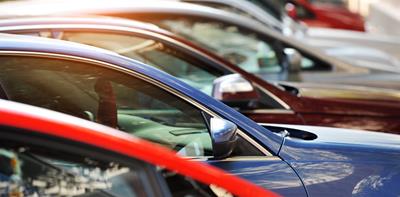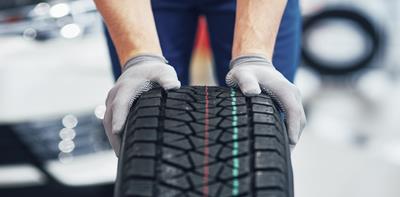
Dashcams have been growing in popularity in recent years, with research from price comparison site GoCompare finding that a quarter of drivers think the technology should be compulsory and a third (32%) would like to see them fitted to all new cars in the future.
So, why are drivers embracing these little cameras mounted on the dashboard? And how could one help you?
An end to ‘he said, she said’
Dashcams can be very useful when it comes to making an insurance claim.
Ordinarily, if there is an incident on the road, the insurer has to rely on the information provided by the various parties involved ‒ as well as any witnesses ‒ to work out what happened and determine who was at fault.
The quality of that information can vary significantly: some people will be better able to explain their side of the events than others, or will have a phone on hand to take photos of the scene of the accident.
Dashcams can help to clear up conflicting versions of events. If you have been the victim of careless driving by another motorist, you may have actual recorded proof that you can provide to your insurer to back up what you say happened.
This is particularly important given the growth of ‘crash for cash’ claims, where scammers essentially stage an accident in order to make a personal injury claim. This can involve needlessly slamming on the brakes, causing an innocent driver to go into the back of the scammer.
If you have dashcam footage, it’s much easier to make your case that this isn’t a genuine claim.
Supporting claims
According to research from Halfords published earlier this year, around three quarters of drivers who were involved in an incident and have a dashcam, have been able to submit footage in order to resolve an insurance claim.
What’s more, those drivers estimated that the repairs would have cost an average of almost £1,400 if they hadn’t been able to produce that footage in order to resolve the dispute.
Making the roads safer
Dashcams don’t just make insurance claims more straightforward, they are also playing a role in cleaning up the nation’s roads.
Nextbase, a manufacturer of dashcams, has set up a portal which allows users to upload instances of dangerous driving that they have recorded. Figures released in July showed that almost 5,000 videos had been uploaded in the portal’s first year, resulting in more than 1,200 prosecutions, as police forces across the country have signed up.
This means you can put that recorded footage to good use, even if you aren’t caught up in an accident yourself.
What do I want from my dashcam?
There are lots of different dashcam models available, ranging from the budget models that cost less than £50 to the all singing, all dancing ones that will cost you hundreds of pounds.
But what makes a good dashcam? There are a handful of features that it’s worth looking out for when purchasing one of these gadgets.
The first is the quality of the recording resolution. Unsurprisingly, the more expensive dashcams boast the best standard screen resolution, and while that doesn’t mean footage will always be of a good enough quality to support your case after an accident, they may improve your chances.
You should also consider whether you want a dashcam that also records audio. This will pick up on the sound inside the car, and help you make your case after an accident, for example by proving that you weren’t distracted by a conversation with a passenger or changing the radio at the time of an incident.
Another feature to consider is whether the dashcam turns on automatically when the car is started, meaning you wouldn’t have to worry about whether you have manually turned it off or on.
You’ll also want to keep an eye out for whether a model has a ‘G-force’ sensor. Dashcams cut the footage up into shorter clips, and record over the oldest footage once the memory capacity is reached.
Older models require you to manually tag or save specific clips, which can then be sent to an insurer following an accident. But a G-force sensor automatically saves those recordings where there has been some form of significant impact on the vehicle.
Finally, some models offer parking modes, so you effectively have a form of CCTV running, even when the car engine is off. As a result, you’ll have some footage to turn to if you suffer a bump in a car park while you’re away from the vehicle.
All in all, by choosing the best dashcam possible, you’re providing yourself with an impartial and accurate witness to any driving incident.

